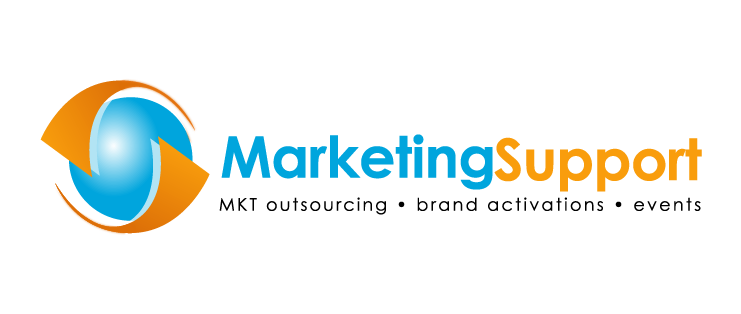A software application that is customized to your particular business requirements can provide you with an edge over your competitors. It helps you keep control over processes, tackle issues in your business effectively and be flexible as your business grows. Additionally, it can assist you in avoiding costly and inefficient mistakes by eliminating redundant functions and removing the need to send passwords via unsecure channels (like email).
A typical enterprise application works across several departments instead of being a single application like traditional software solutions, which enhances collaboration, communication and efficiency. Additionally, this kind of software typically includes predictive analytics tools which allow managers to anticipate future market trends and to take the necessary steps before they cause serious damage to the business.
Retail businesses, for instance, can use data analytics to detect patterns in sales and adjust price plans and marketing campaigns and inventory levels based upon real-time data. Investment managers can also forecast market trends by analyzing historical data and make informed decisions regarding asset allocation and portfolio adjustments.
A value-added vendor can boost profits by offering services that improve the purchasing experience of its customers. For example, offer prospective buyers with evaluation copies of software or demo discs, or provide pre-sales consultation. Software providers can also establish bid tables for large orders that are price sensitive nature. Combining these services with others could increase the revenue of the value added reseller, and could increase revenue for their customers too.

